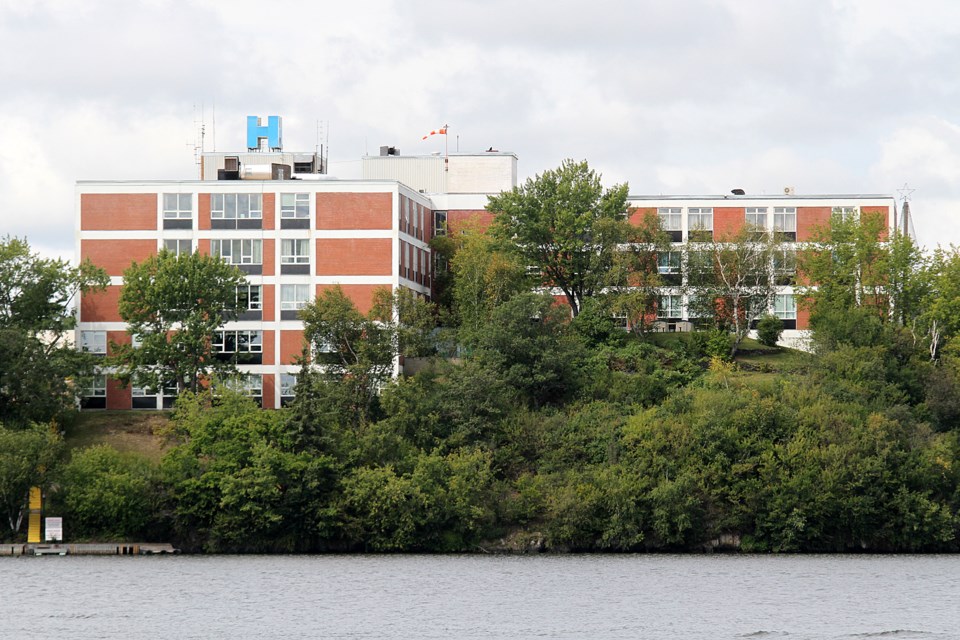KENORA — A new program set to launch next fall is hoped to give high school students an early look at careers in health care.
A pilot program was announced last week that partnered Confederation College, the Lake of the Woods District Hospital and Beaver Brae High School to offer high school students dual-credits for exploring career options in health care.
Hospital CEO Ray Racette said this program will hopefully get the next generation of people interested in a health care career earlier, rather than starting from square one when they get to college or university.
“That's going to be a really important area for us to have people training in,” he said. “Is there a way where we can do some training when people are in high school and have that training introduce them to things in health care that we might do at the hospital so that they can earn credits?”
Racette said it was worth trying this approach of using joint resources to facilitate the program.
“We can work together as partners to make sure that [the students] are actually getting that exposure,” he said. “It's not just something you're seeing in a slide deck or something but you're actually physically present and seeing it. That's the most powerful learning that we can really offer, it's real life and you can't do better than that.”
Racette said since people from the area already see the value of living here, it would make it easier to convince them to work here.
“The more that we can do that, the better it is for our ability to build a future workforce that can keep our services going here,” he said.
Noreen Bourgeois, the manager of Confederation College’s Lake of the Woods Campus, said traditionally they’ve run dual credit courses with area high schools in the trades, such as welding or mechanical equipment.
“This is one of the first dual credits that is offered in the health care profession,” she said. “So that the students can actually see what the components of being in health care are. What kinds of things you do? What's the day-to-day life of being in those professions?”
Bourgeois said the students will learn some theory and research like, “looking at legislation and how health care works in Canada.”
“But there's also a little bit of hands on [work],” she said. “So the students are in the lab here and also at the hospital, learning how to do vital signs and get some communication skills as well.”
“So they're really getting a little bit of theoretical, a little bit of forward thinking and then the hands on as well,” she said, adding the course will also go over different career paths in health care that students might not know are options.
“How do you become a physiotherapist? How do you become a nurse? How do you become a [personal support worker]?” she said. “So that's the other goal of the program is to sort of show them that pathway, so they can get a plan in place.”
The program starts the next school year and Bourgeois said if this model works, they would consider running similar programs in other parts as well.
